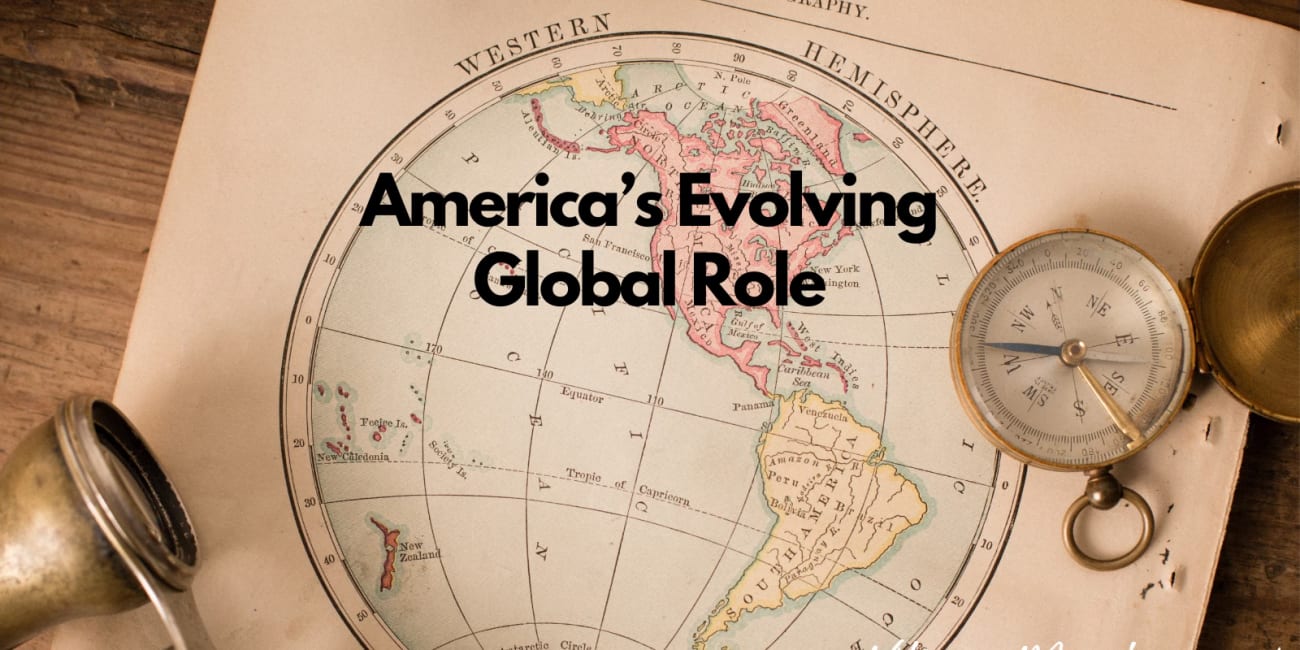|
 |
Markets were again rattled this week when the on-again, off-again trade war appeared to be once again on. U.S. President Donald Trump slapped a number of countries with tariffs, announced that the August 1st start date was firm, and threatened tariffs on pharmaceuticals and copper as well.
The latter tariff target, copper, is of particular interest to me, because of its role in modern technology and therefore national security. Chile, which accounts for 23% of the world's copper supply, faces a major conundrum, one the United States has imposed on the South American nation. The country is the world’s top producer of the metal for both the U.S. and China. Earlier this year, at a large mining conference in Santiago, I suggested that Chile would have to pick a side. Many Chilean CEOs and government leaders were very uncomfortable with this possibility, suggesting that they would instead seek to remain “neutral” and sell copper to everyone.
At one point during my visit, a mining company CEO was blunt: “Copper is our most important export. What would you do if you were in our shoes?”
My answer, which seemed to assuage his immediate concerns, was simple: “Sell copper, just don’t sell the copper mines.”
That was in April. While the advice remains “useful,” it’s not particularly helpful to the United States. Why’s that? If the US market becomes more expensive to access, the extra Chilean copper will most likely be offered to China at lower prices.
The Trump administration has been committed to an America First strategy and appears determined to reduce America’s reliance of foreign supply chains for anything crucial to our economy or national security. Copper, a crucial component for electronics, certainly fits the bill on both accounts.
To understand why copper is so important, let’s recall that all electronics and data centers, (and therefore the artificial intelligence industry) use copper. Copper is literally a foundational ingredient for electrification and our technological future. And given US production (mainly in Arizona) is about one-fifth as large as Chile’s and about two-thirds of China’s output, copper is increasingly a strategic resource. Might this have been a reason for the Trump Administration’s desire to begin deep-sea mining?
Tariffs have the potential to achieve the America First agenda of self-reliance for the United States, but in the domain of copper production, that won’t happen anytime soon. Instead, China will likely benefit from lower prices while the United States grapples with higher prices. In the long run, this may incentivize more US copper production, but let’s not fool ourselves about what we mean by “long run.” Even if we stumbled upon a new, undiscovered copper deposit within the United States (not something that seems particularly likely, but I’ll concede it’s a non-zero probability), the average time it take to go from discovery to producing mine is more than 15 years.
In the short run, then, America will be at competitive disadvantage in technological industries because of the copper tariffs.
There’s also another complication. I’ve written and spoken extensively about the “Trump Doctrine”, a modern-day version of the Monroe Doctrine, in which the United States prioritizes the Western Hemisphere and seeks to keep it free of adversary influences. The Trump Administration has appeared determined to push rivals out of the Western Hemisphere.
Unfortunately, copper tariffs seem likely to push Latin America (further?) into the arms of the Chinese. Chile will have no option other than to sell its copper to the Chinese, even at lower prices. This has the potential to weaken US-Chile ties and deepen Beijing’s influence on Santiago. If Chile grows more dependent on China, it stands to reason that Washington’s influence will wane.
The two Trump strategic goals of America First and a 21st century Monroe Doctrine are therefore at risk of cancelling each other out. Tariffs will push Chile to China without lessening our dependence on foreign copper due to the long development timeline, all the while hampering our competitiveness by making anything electronic more expensive.
In the end, when it comes to copper and Chile at least, if the US doesn’t prioritize one of these goals over the other, it might end up with neither.
VIKRAM MANSHARAMANI is an entrepreneur, consultant, scholar, neighbor, husband, father, volunteer, and professional generalist who thinks in multiple-dimensions and looks beyond the short-term. Self-taught to think around corners and connect original dots, he spends his time speaking with global leaders in business, government, academia, and journalism. He’s currently the Chairman and CEO of Goodwell Foods, a manufacturer of private label frozen pizza. LinkedIn has twice listed him as its #1 Top Voice in Money & Finance, and Worth profiled him as one of the 100 Most Powerful People in Global Finance. Vikram earned a PhD From MIT, has taught at Yale and Harvard, and is the author of three books, The Making of a Generalist: An Independent Thinker Finds Unconventional Success in an Uncertain World, Think for Yourself: Restoring Common Sense in an Age of Experts and Artificial Intelligence and Boombustology: Spotting Financial Bubbles Before They Burst. Vikram lives in Lincoln, New Hampshire with his wife and two children, where they can usually be found hiking or skiing.




